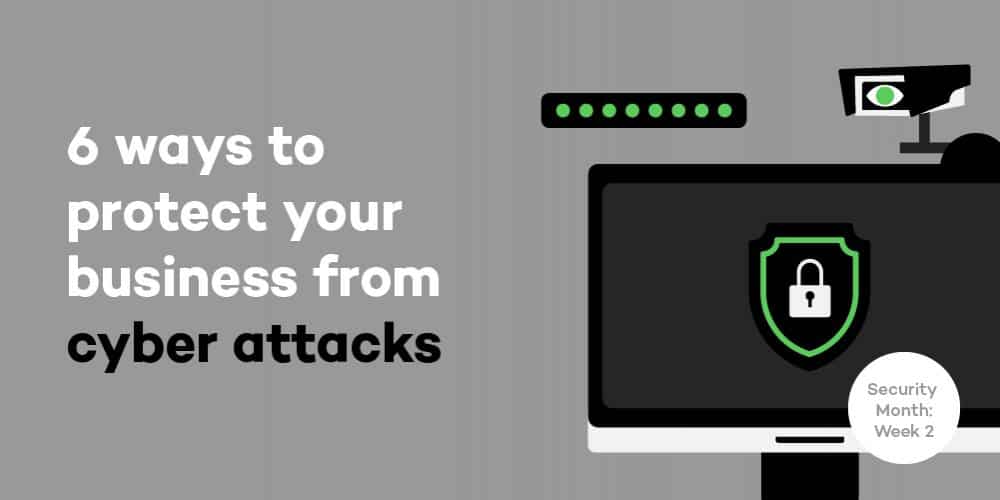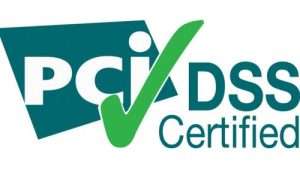How to Secure your Internet Network and Protect your Data

The number of cyber attacks has increased in the last decade far more than in the early 2000s.
The impacts of a cyber attack can be felt in the life and business of the individual victim, and also in the society and government as a whole.
Therefore, it’s the responsibility of the individual to prepare for a cyber attack at home and in the office and protect their internet network.
It is easier for hackers to breach into your internet network if you use public wifi connection or an unsecured network.
Let’s look into some of the disadvantages of insecure wifi connection.
The Top 5 Dangers of Unsecure Wi-Fi?
Unprotected Wi-Fi networks are a major security threat. Here are the top five dangers of unprotected Wi-Fi:
1) Criminals can access your personal information, passwords, and other confidential data.
2) Hackers can gain control of your computer or device and steal your information.
3) You could be infected with malware or spyware if you connect to an unsecured network.
4) Your wireless network could be hacked, causing all devices on the network to be compromised.
5) You could suffer from a cyberattack if your wireless network is compromised.
4 Easy Tips to Secure your online privacy
There are many ways to protect your online privacy, and secure unsecured wifi or any other internet connection but with so much information constantly being shared online, it can be tricky to know where to start.
Here are 4 easy tips to prevent a cyber attack on your computer, keep you secure online and safeguard your business.
- Establish good security practices for your computer and devices. This includes installing updated software, using a strong password, and keeping up with updates for your antivirus and firewall programs.
- Use encrypted email and messaging services when possible. This will help protect your communications from being intercepted by third parties.
- Keep personal information private by not sharing too much information on social media or in public forums.
- Limit the amount of data you share online through careful use of privacy settings on websites and applications.
6 Ways to Protect your Privacy Online
Cybercrime is on the rise, and it’s important to stay safe by following these 6 tips for cybersecurity:
- Make sure your computer is updated with the latest security patches and anti-virus software.
- Use strong passwords that are difficult to guess and keep them confidential.
- Keep your devices secure by using a firewall and anti-virus software on your laptop and desktop computers.
- Be suspicious of emails that ask for personal information or requests for money in exchange for protection from cyber threats.
- Don’t share personal information such as bank account numbers or Social Security numbers online.
- Report any suspicious activity or websites to your trusted adult immediately!
What are the latest cyber threats, and how can you safeguard yourself?
Cyber threats are on the rise, and everyone needs to be aware of the latest security threats.
There are many ways to safeguard yourself from cyber threats, and some of the most important include using a security network, using strong passwords, and installing anti-virus software.
It’s also important to be aware of how your data is being used online and to take steps to protect your personal information online.
Conclusion
There are many ways to improve the security of your internet network and your computer network.
One option is to use network security tools. Another one is to add security features to your devices and applications.
You can also improve the security of your network by using a secure communications protocol.
Whatever you do, make sure that you protect your personal and business data, and system from theft and cyberattack.





